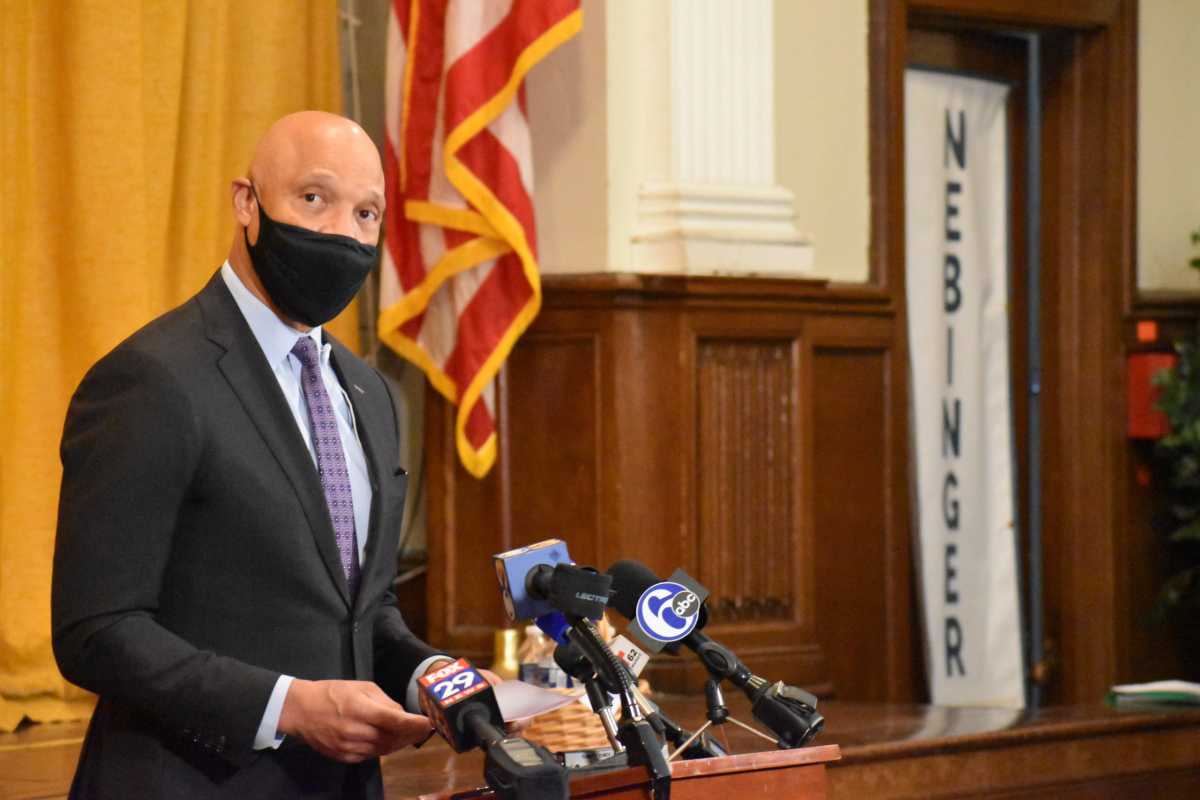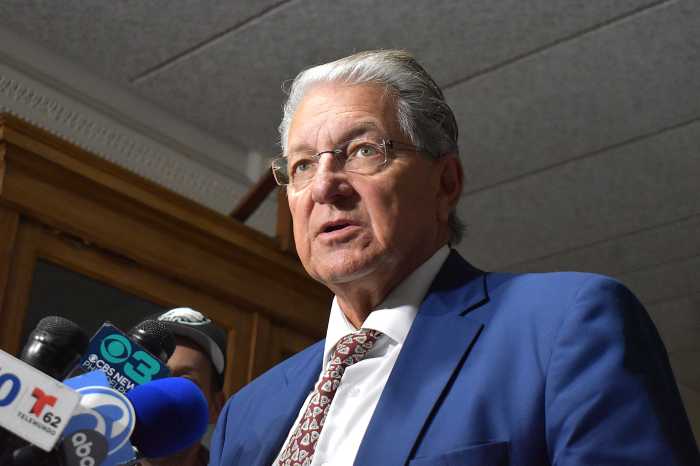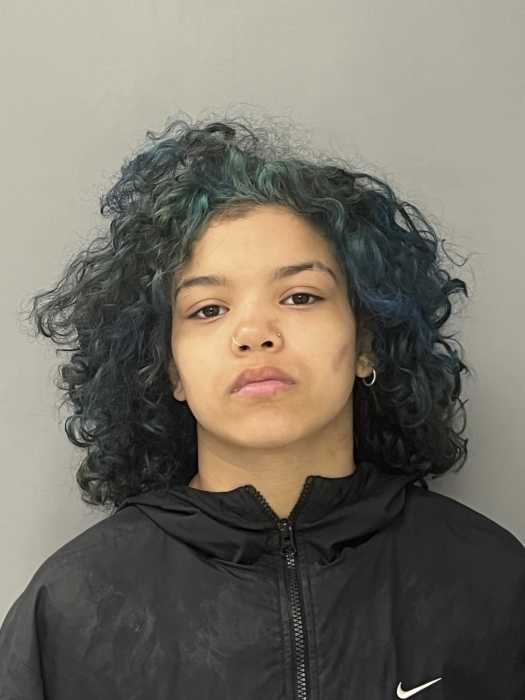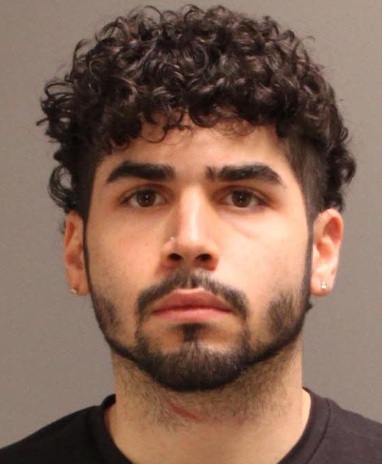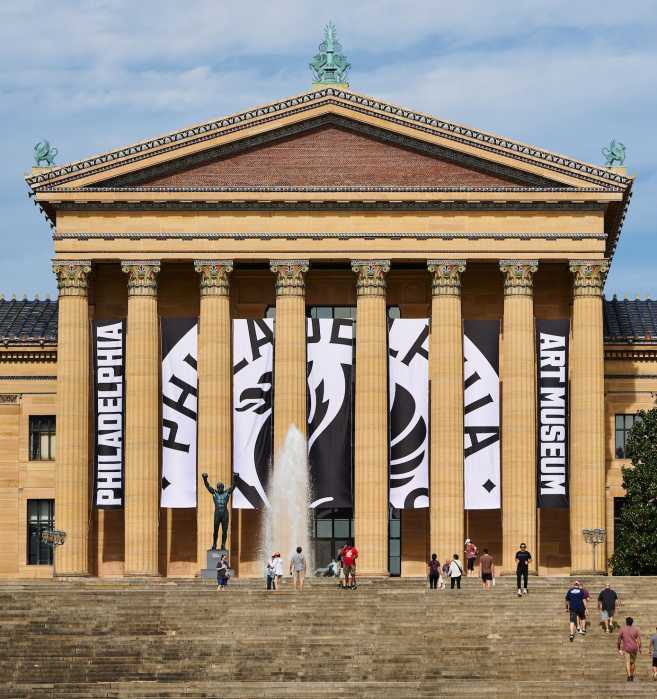The radiators were pumping in heat and the window fans were running Thursday morning at George W. Nebinger School in Bella Vista.
Occupancy notices were posted outside classrooms, and, inside, plexiglass partitions were set up on student desks and a PPE station offered masks, face shields and sanitizer.
In the bathroom, sinks and urinals were roped off to encourage social distancing. Stickers on the floors of the hallways did the same, and fluorescent green markers show people where to sit in the auditorium.
School District of Philadelphia Superintendent William Hite said these measures, along with others, are enough to keep staff and students safe when buildings reopen Feb. 22 for the first in-person classes of the coronavirus pandemic.
“With all these layers of safety in place, the risk of COVID-19 transmission in our schools becomes very low,” Hite told reporters gathered at Nebinger. “The time to resume in-person learning is now.”
The Philadelphia Federation of Teachers, which represents educators in the district, doesn’t believe the schools are ready.
Not enough has been done, they say, to address airflow inside the aging buildings, some of which don’t have operational built-in ventilation systems. Teachers have been particularly dismissive of the fans, regarding them as an insult.
There’s also a deep distrust that the district can follow all of its protocols given its prior handling of lead and asbestos issues.
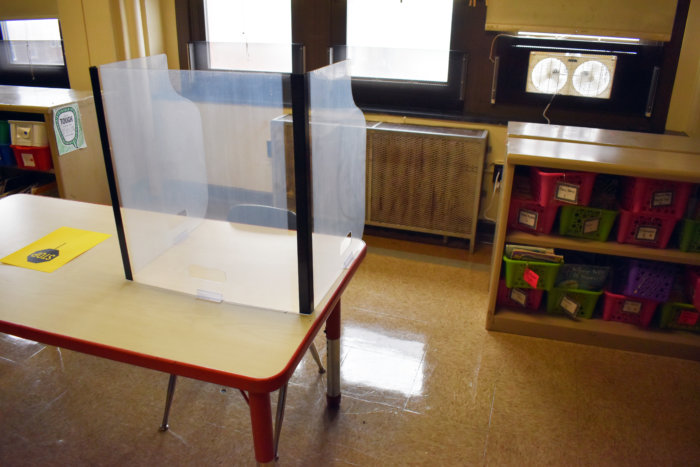
A mediation process triggered by the PFT Feb. 4 will try to determine whether the district has met a set of conditions for a return to in-person learning laid out in a memorandum of agreement signed last year.
About 2,000 pre-K to 2nd grade teachers who were supposed to report to buildings Monday have continued to work remotely as the proceedings drag on.
Hite revealed that the mediation began Wednesday, a shock to some who thought it would be a swift procedure. There is no timeline for a decision, he added.
The district asked a state mediator to work with Chicago-based Dr. Peter Orris, the third-party adjudicator appointed by the Mayor’s Office, to get the process started, Hite said.
“We were hoping to be in mediation a week or so ago, but all sides must come to the table and the mediator,” he added.
A representative from the PFT did not return a request for comment Thursday.
Hite said he believes the sides need to take a more nuanced approach and make determinations on a school-by-school basis.
“Right now, this is an all-or-nothing conversation, and it’s ‘all schools are either safe or unsafe,’” he said.
“If there’s schools people are worried about, then let us mediate those schools,” Hite continued. “If it’s the 32 schools that have fans in the windows, let’s bring everybody else back.”
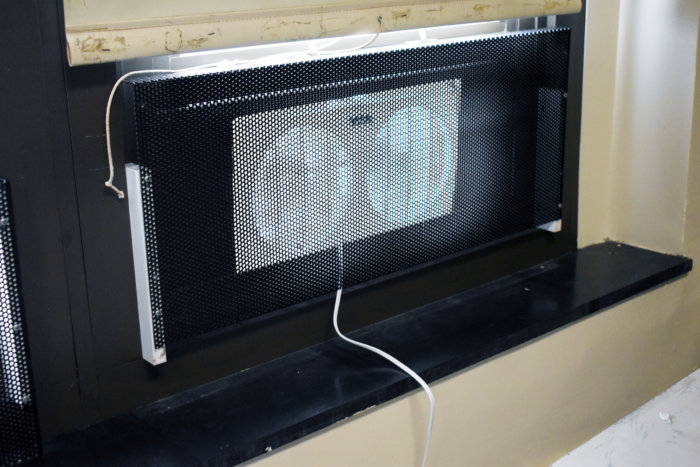
The fans have been backed by Philadelphia Health Commissioner Thomas Farley, who on Tuesday called them a “great solution” to increase ventilation quickly. His department is now encouraging restaurants to utilize fans to boost their indoor capacity to 50%.
Hite said they provide enough airflow to accommodate 18 people in a classroom before accounting for social distancing.
“I know the fans may not look pretty or fancy, but scientifically, they perform the job we need them to do,” he said. “Our priority is safety, not elegance or beauty.”
Officials said building engineers will check classrooms with the fans two-to-three times a day to make sure temperatures don’t drop below 68 degrees.
More than 9,000 pre-K through second grade students are slated to begin a hybrid schedule Feb. 22, with one group coming in Mondays and Tuesdays and the other Thursdays and Fridays. Wednesdays will be reserved for sanitizing schools.
Classrooms have been equipped with cameras and microphones to live-stream lessons to students learning from home.
Young children, Hite said, are missing out on necessary socialization, and district data shows they are also falling behind.
“Our kindergartners who started this year, they haven’t been in a school yet, and so that’s going to impact them as first graders,” he said.
High schoolers enrolled in trade programs are running out of time to earn their certifications, which are based on the number of hours they operate specialized equipment, he added.
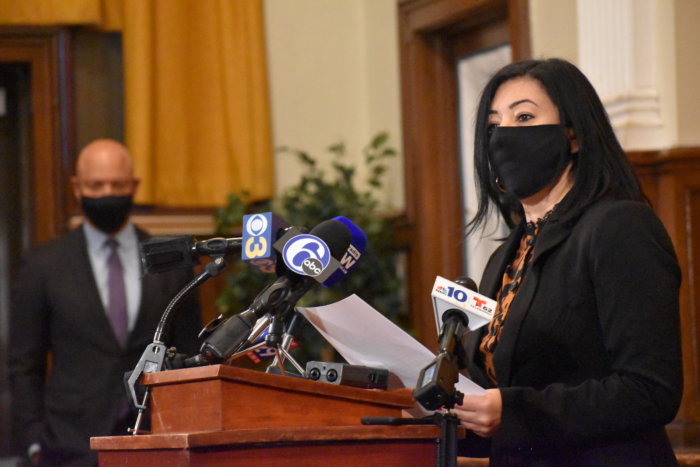
District leaders are considering extending the school year or ramping up summer programming to address the needs.
“Maybe this is a change of how we approach school calendars, just in general,” he said.
City officials released details this week of a partnership with the Children’s Hospital of Philadelphia to inoculate all teachers and school personnel against the virus.
However, those injections won’t begin until the week of Feb. 22, Farley said Tuesday, and some public school teachers have said they don’t feel comfortable returning without a COVID-19 vaccine.
Dr. Susan E. Coffin, who works in CHOP’s infectious diseases division, said basic safety measures, such as wearing a mask and distancing, have proven to be enough to reopen schools.
“What we’ve learned is that it is possible to have in-person education during this period, and I think, actually, we’re entering a moment where it’s more possible than ever,” she said at the Nebinger news conference on Thursday.



